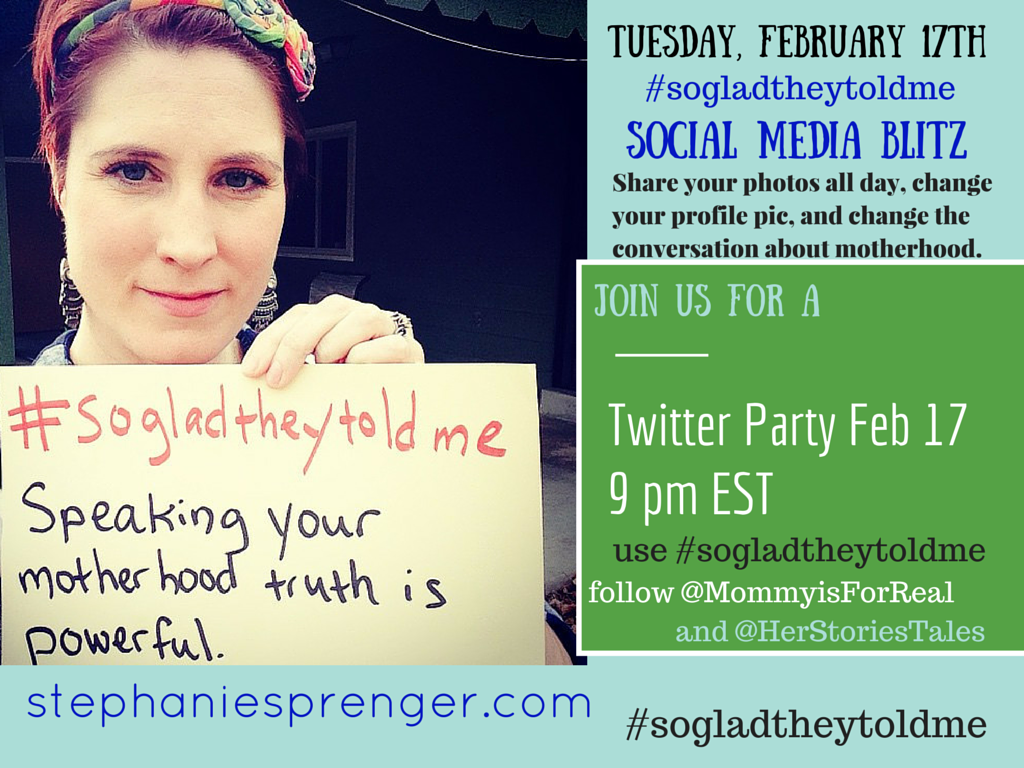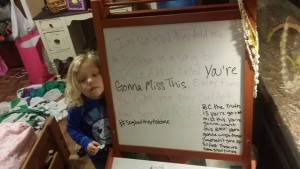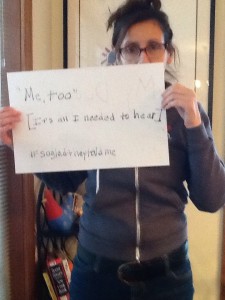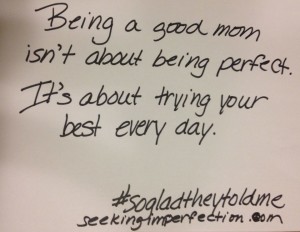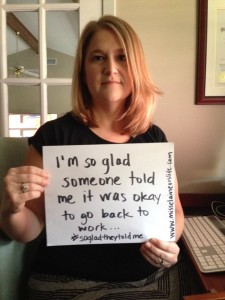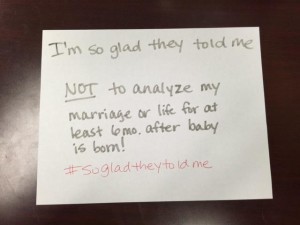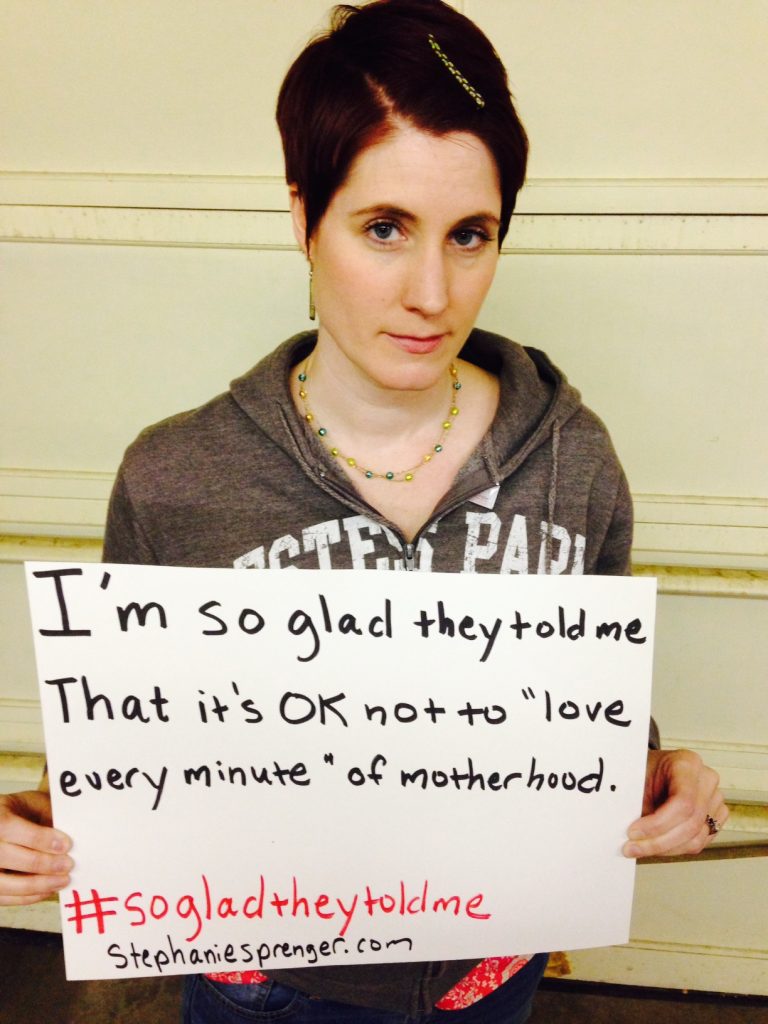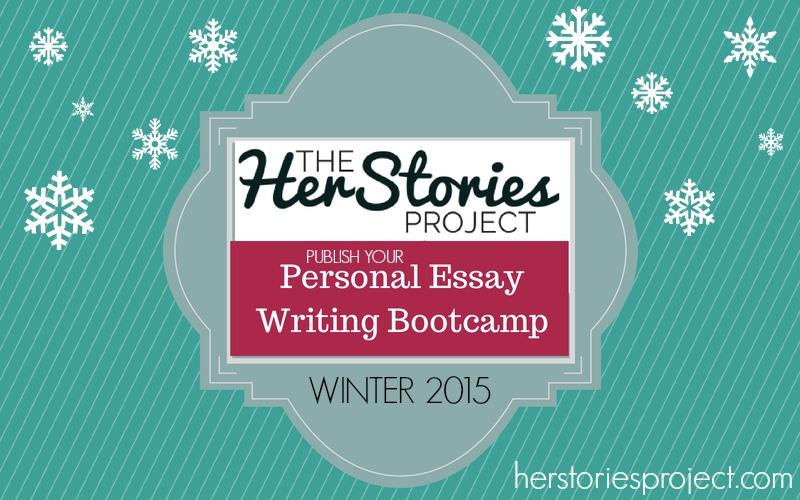Nina will back on the Jordana Green on WCCO CBS radio tomorrow night (Wednesday, Dec 10th) at 10PM Central talking about some of the questions she answered this week as well as how to deal with difficult relationships over the holidays. Twin Cities listeners can tune in live on channel 830, but Nina will post the podcast later this week for the rest of us. Soon the live streaming on WCCO will be working again and we can all tune in live.
Jordana takes calls and texts and Nina would love to hear from you LIVE. Call 651-989-9226 or text 81807.
In January Nina will be back on HerStories twice a month to answer questions so keep those anonymous questions coming.
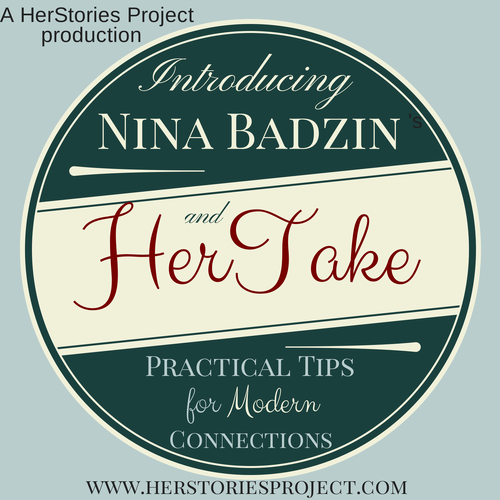
Dear Nina,
A few months ago I had an argument that did not end well with my dearest friend’s husband. My husband and I are very close to this couple. We socialize with them frequently, have holidays together and casual dinners on Sunday nights and even vacation with them.
My friend’s husband is a very smart, very narcissistic, successful professional who can be funny and entertaining or, when his mood changes, nasty and insulting. He recently lost his job, his mood worsened and his nastiness increased. He made many negative, insulting, demeaning comments to me–to the point where I had had enough. (He does not think that my profession is as worthy as his.)
One Saturday night when the four of us were out, he lashed out at me again. (Note that I speak my mind as opposed to my friend and my husband who are more willing to let his insulting comments roll off their backs). After he made a very hurtful remark to me, I responded in kind. I Immediately apologized. He did not and continued his invective towards me.
A few days later he called me with a lame apology (“to the extent I may have offended you, I am sorry…”) I would like to preserve my friendship with his wife but stop socializing with them as a foursome. My friend has put up with her husband’s abusive ways (towards her, too) for so long that I’m afraid she no longer sees how he behaves and why he has so few friends.
How do I stay close to my friend given how I feel about her husband?
Signed,
Scared to Permanently Damage My Friendship
Dear Scared to Permanently Damage My Friendship,
I’ve named the couple Dan and Susan so that we’re not throwing around tons of pronouns. I feel for your situation because you’ve invested so much in your individual friendship and the couple friendship. Good couple friends are hard to make and changing the intensity of a friendship without ending it is even harder. I think you can preserve your friendship with Susan, but it will take some finessing.
My first and most important piece of advice is that you have to resist any temptation whatsoever to let Susan know your true feelings about Dan. This is a lie by omission, but you will permanently damage your friendship with her if you share even one subtle criticism about Dan such as the way he treats her or anyone else.
I’m suggesting all three of the tactics below be employed simultaneously. I told you this would take some work!
1. Accelerate your one-on-one friendship with Susan so that no matter how much distance you create in the foursome situation, you will be spending time with Susan. This means that if you spoke once a week, try calling an extra time. If you met for lunch once a month, get together more often. Go for walks, start a new book club, movie group, or cooking group with her. Sign up for a class together. I’m just giving you some ideas for new ways to spend time with her that will not involve Dan. I like the “acceleration tactic” because it’s a positive maneuver rather than what I’m suggesting out of necessity next.
2. Fade back, but do not fade out of the couple friendship. I often use the terms “fade back” and “fade out” because I think people make all-or-nothing and therefore permanent decisions out of anger and hurt. In most cases it would be better in the long run to decrease the intensity of a friendship rather than abruptly cut someone off. You also need to employ the fade back in this case if you want to stay friends with Susan. She will notice if you never spend time as couples and given what I still consider the most important thing to remember here (not telling her your true opinion of her husband), you will probably have to make plans with them sometimes. You’re going to have to “be busy” more often than not. “Ugh, I’m so sorry our calendar has been so ridiculous. But let’s have lunch next week just the two of us. Weekends have been crazy.” You get the idea. You’re not cutting them off as a couple; you’re slowly changing the intensity of the foursome dynamics. I wonder (and hope) if less time around Dan will make him less bothersome to you on the occasions you are together.
3. Bring in support. On those evenings when you’re going out with Susan and Dan, why not invite a third couple? The dynamic of six individuals is vastly different from that of four. Maybe this isn’t “proper,” but seat all the women on one end of the table and the men on the other. You’ll hardly see Dan or even hear his voice.
I’m sorry you’re in this situation by the way. It’s so uncomfortable when you don’t like a close friend’s spouse. I wish you the best of luck in changing the foursome while preserving your friendship with Susan.
Readers, any other ideas to share?
Dear Nina,
I have a friend who is very sporadic, really only reaching out to me when she is bored or needs something. I don’t mind being a now and then friend, but she often appeals for support or action on social media. Whenever I respond to her pleas for help, she never acknowledges my efforts. It wouldn’t be a problem except that she then rants about how no one ever supports her. I don’t know how to be the friend that feeds her needs. Am I being too sensitive?
Thanks,
Tired of Being Used
Dear Tired of Being Used,
Before we dive into the issue at hand, I want to comment on a peripheral point that could also help other people. You said, “I don’t mind being a now and then friend.” I find that attitude so refreshing. There are certain people in my life with whom I would probably have a more intense friendship if we each had more time or we ran into each other regularly. The reality is that there is only so much energy any of us can dedicate to friendships that are harder to develop because of where we are in our lives (issues of proximity, busy job, little kids, sick parents, and so on). I’m so grateful for the “now and then friends” in my life who I meet for lunch twice a year or even the long distance conversations that happen a few times a year. There’s something comforting about knowing there are wonderful and interesting people out in the world who wish you well and vice versa even if those friends are not the ones you call in an emergency.
My point is that it sounds like you have reasonable expectations about the kind of friendship that permits someone to come in and out of your life. Nevertheless, even a casual “now and then friend” needs to abide by certain social norms to stay at that level of friendship, and it sounds like you need to create some new boundaries with this particular woman. I tend to err on the side of giving someone the benefit of the doubt, but the situation you described would annoy me to the point of needing to take some subtle action.
One word came to mind when you described your friend and that is entitlement. She feels entitled to support, in this case in the form of you and others sharing her work on, I’m assuming, Facebook and Twitter. I’m guessing she shares others’ work often and is annoyed at the lack of tit-for-tat reciprocation. If she came to you for authentic advice asking why she’s having a hard time gathering a supportive “tribe” online, then I would feel less irritated on your behalf. Though truthfully that would be a hard question to answer for her so let’s just deal with the situation at hand and hope she never asks you.
I’m not sure confronting your friend about her behavior is worthwhile. I’m imagining a scenario where next time she complains that nobody supports her you gently say, “Hey, not sure if you saw that I shared your article on Facebook.” I’m guessing she would respond with, “Oh, I’m so sorry. I saw that! Thank you so much! I didn’t mean ‘nobody supports me,’ but hardly anybody shares my stuff.” And then the complaining would start again.
A conversation like this doesn’t really get you anywhere unless you’re willing to outright say, “I only hear from you when you need something.” My hesitation is that at this level of friendship it’s not wise to get into a conversation where the only logical outcome would be for her to contact you not just when she needs something, which would mean contacting you more often, thereby changing her status from a “now and then” friend to a someone who is a more constant figure in your life. It sounds like that’s not something you would want. If I’m wrong, then you should tell her exactly how you feel.
If I’m right that you don’t want her reaching out to you more often, I would stop sharing her stuff every time she asks. If you “feed the monster” so to say, she will keep coming back for more. It’s okay to say, “I’ll try!” next time she asks. If she has the nerve to follow up and ask why you didn’t share her work, say you forgot. I know this is a white lie, but the occasional white lie is a fair strategy to use out of kindness and out of the desire to create some new boundaries.
I hope that helps! I’m curious to hear readers’ opinions, too.
Good luck! Nina
You can submit an anonymous question for Nina here! Bloggers: we are now offering our most recent online writing course, “Write Your Way to a Better Blog” as a PDF! Buy it this week for only $29! Details here.
Keep reading

